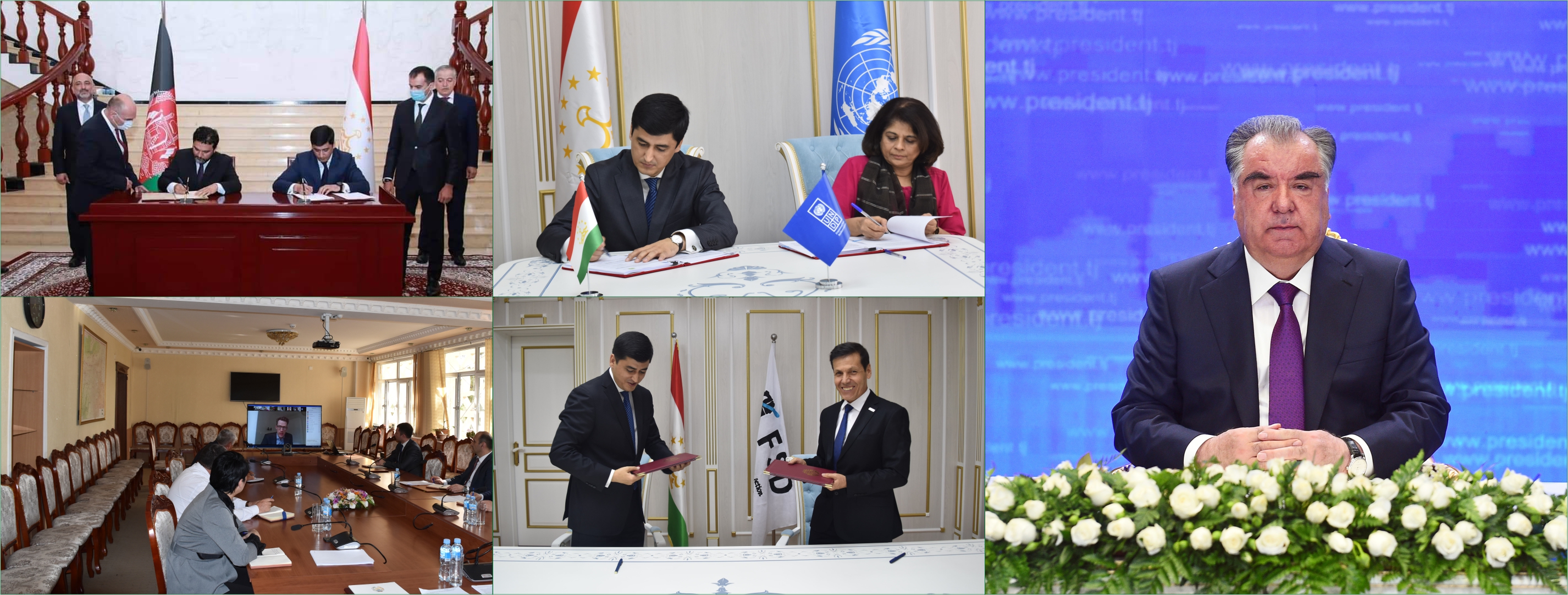THE UNITED NATIONS FRAMEWORK CONVENTION ON CLIMATE CHANGE (UNFCCC)
The world community recognizes the challenges of climate change and the need to act in a coordinated and global manner. The most important step in this direction was the adoption of the United Nations Framework Convention on Climate Change and the Kyoto Protocol. To date, more than 190 world states have acceded the United Nations Framework Convention on Climate Change. The Republic of Tajikistan has acceded to this Convention in 1998 and to the Kyoto Protocol in 2008.The Agency for Hydrometeorology and the Committee for Environmental Protection under the Government of the Republic of Tajikistan coordinate their activity on climate change at the national level in the Republic of Tajikistan.
The Republic of Tajikistan signed the Paris Agreement on April 22, 2016, and the country's parliament adopted this act on February 16, 2017. The country attaches particular importance to taking appropriate measures, which are the important part of sustainable development.
In 2019, the Government of the Republic of Tajikistan, the first among the states of Central Asia, has adopted the National Strategy for Adaptation to the Climate Change to 2030.
According to the Paris Agreement, which asks countries to revise their certain national contributions every five years to limit greenhouse gas emissions, prevent an increase in ground temperature and adapt to the impact of climate change. Improving and implementing the UN convention creates the significant opportunities for countries to adapt climate programs and develop sustainable development, but there are challenges in coordinating these goals with policies and existing operations, as well as mobilizing internal and external resources.
In this context, the National Contribution Partnership's Climate Improvement Package (CIP) provides technical and financial support to the countries for improvement of quality and their contribution to the Paris Agreement. CIP assists developed countries, member partners with a certain national contribution in achieving the following two main goals:
• Goal 1: Enhancing determined national contribution, including by increasing goals, as one part of the process of updating the determined national contribution to the Paris Agreement notes;
• Goal 2: Immediate application of determined national contribution, including through the provision of in-country technical expertise and capacity building.
Coordination in the process of improving the determined national contribution will be managed in collaboration with the United Nations Food and Agriculture Organization (FAO), which serves as the coordinating partner in this process. In addition the supporting partners have agreed for the implementation of specific sectoral activities that lead to a better understanding of emission reduction and adaptation opportunities in different sectors, which are used as their contribution to improve the document on the determined national contribution under the partnership of the determined national contribution of the CIP.Tajikistan NDC

.png)
.png)









